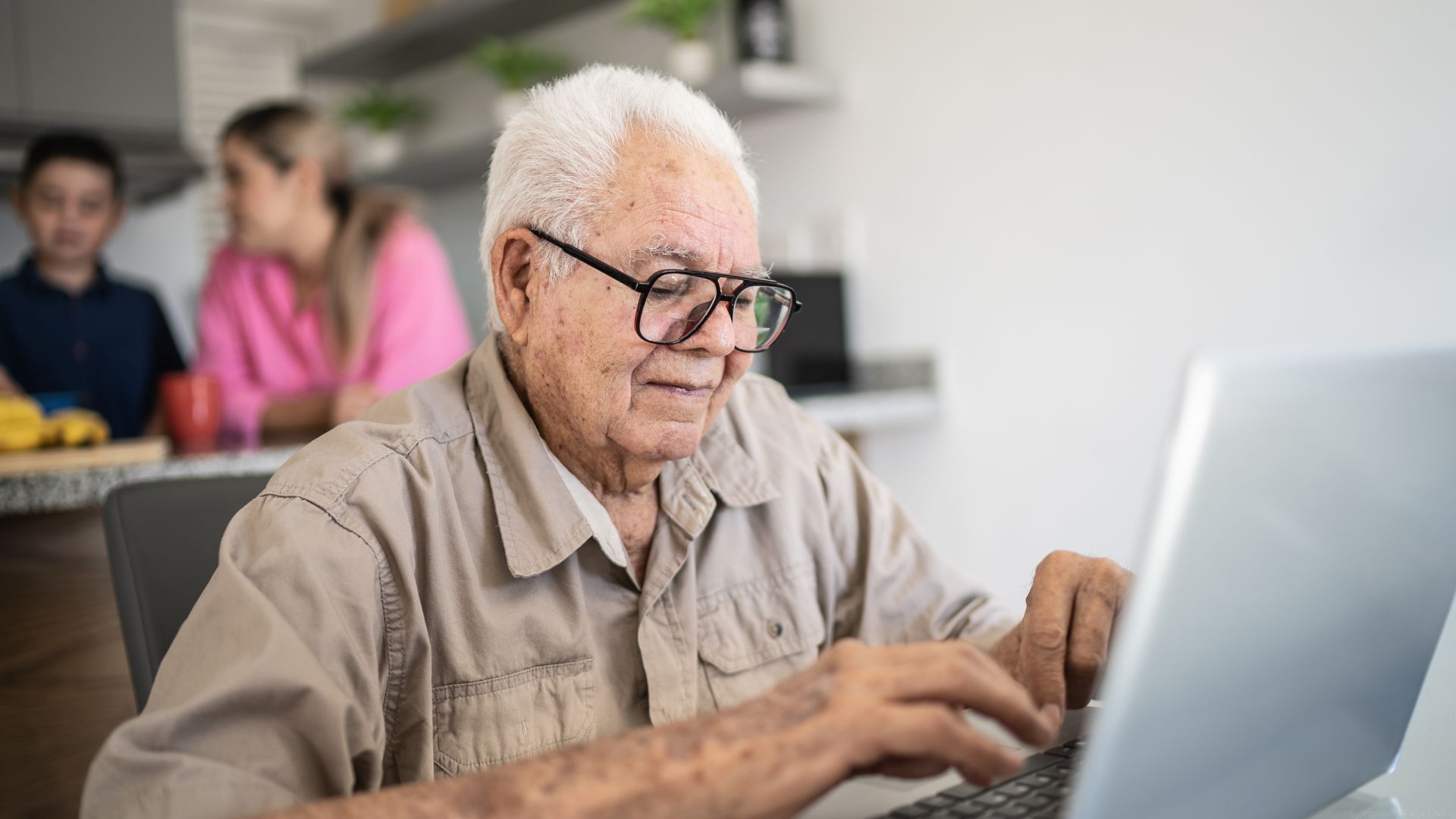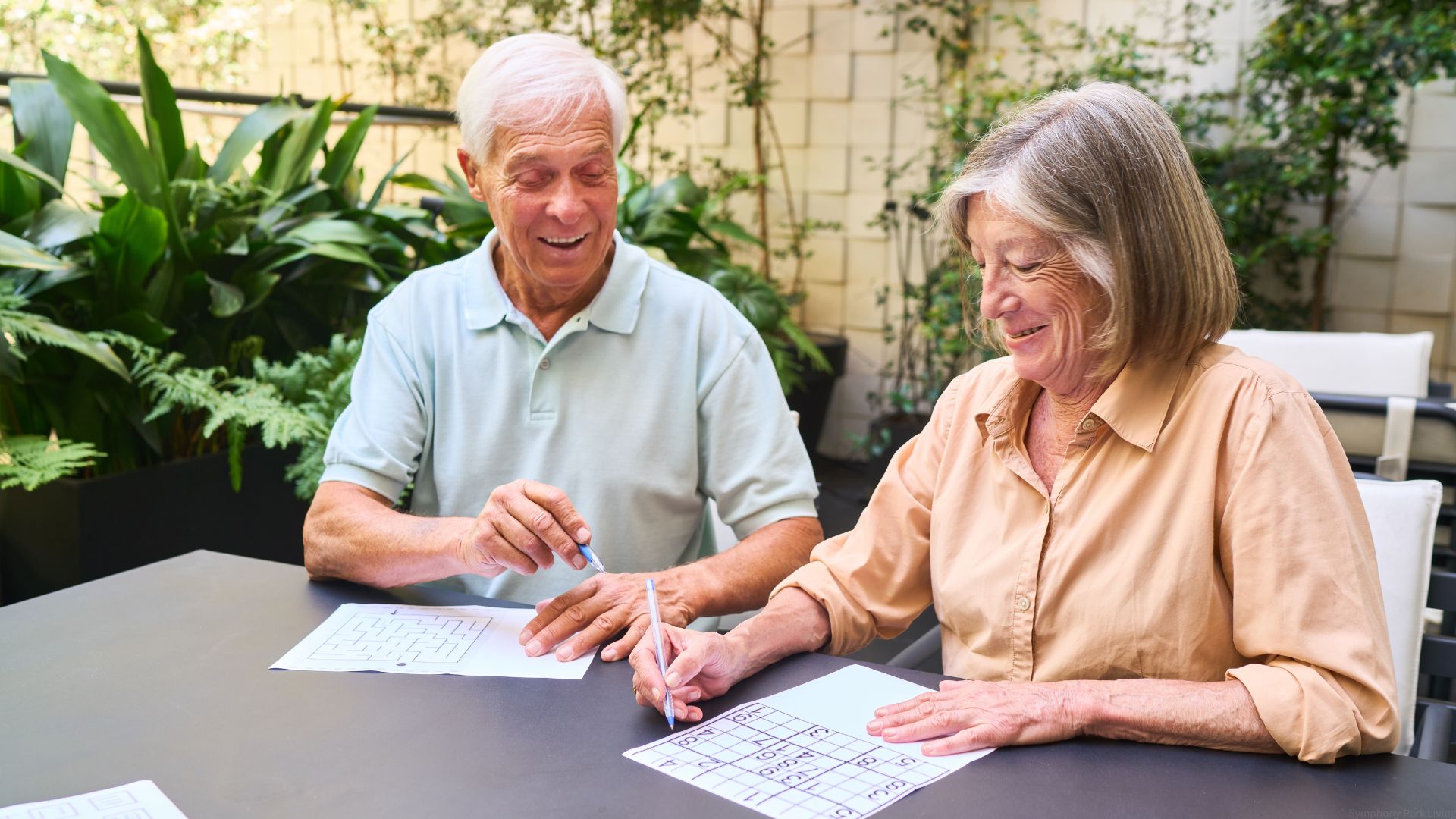The Importance of Maintaining Social Ties and Socialization as We Age

As we journey through life, the significance of social connections becomes increasingly apparent, particularly as we transition into our senior years. While physical health is often the focus of aging, the role of social ties and socialization in maintaining overall well-being is equally vital. This blog explores why staying socially connected is crucial for senior adults and offers practical tips for nurturing these relationships.
The Benefits of Social Connections for Seniors
Mental Health and Cognitive Function
- Cognitive Stimulation: Engaging in conversations and activities with others helps keep the mind active. Studies have shown that seniors who maintain strong social networks are less likely to experience cognitive decline, including conditions like dementia and Alzheimer’s disease.
- Reduced Risk of Depression: Isolation and loneliness can lead to depression, a common issue among older adults. Social interactions provide emotional support, a sense of belonging, and opportunities for positive experiences, all of which contribute to better mental health.
Physical Health
- Longevity: Research consistently shows that seniors with strong social ties tend to live longer than those who are socially isolated. The sense of purpose and belonging that comes from social connections can motivate individuals to take better care of their physical health.
- Enhanced Immune Function: Social engagement has been linked to better immune function, reducing the risk of illness and promoting faster recovery when sickness does occur.
Emotional Support
- Coping with Loss: As we age, we may face the loss of loved ones, mobility, or independence. A strong social network can provide emotional support during these challenging times, helping seniors navigate grief and loss more effectively.
- Increased Happiness: Positive social interactions release hormones like oxytocin, which are associated with feelings of happiness and well-being. Regular socialization can lead to a more fulfilling and joyful life.
Maintenance of Independence
- Access to Resources: Staying socially connected can help seniors access resources and information that support independent living. Whether it’s learning about local services, health care options, or new hobbies, social networks can be a valuable source of knowledge.
- Physical Activity: Socializing often involves physical activities, such as walking with friends or participating in group exercises. Regular physical activity is essential for maintaining mobility and overall health in older age.
Challenges to Socialization in Senior Years
While the benefits of socialization are clear, many seniors face challenges in maintaining their social networks:
- Mobility Issues: Physical limitations can make it difficult for seniors to leave their homes and participate in social activities.
- Technology Barriers: Although technology offers new ways to stay connected, some seniors may struggle to use devices or navigate social media platforms.
- Loss of Friends and Family: The natural progression of life often leads to the loss of close friends and family members, which can reduce a senior’s social circle.
Practical Tips for Staying Socially Connected
Despite these challenges, there are many ways seniors can maintain and even expand their social ties:
- Join Clubs and Groups: Many communities offer clubs, groups, or classes specifically designed for seniors. Whether it’s a book club, gardening group, or exercise class, these activities provide opportunities to meet new people with similar interests. Interested in participating in your community? Learn tips for getting the most out of community events.
- Volunteer: Volunteering not only allows seniors to give back to their communities but also provides a sense of purpose and a way to meet others who share similar values.
- Embrace Technology: Learning to use technology can open up new avenues for connection. Video calls, social media, and online communities can help seniors stay in touch with loved ones and meet new people.
- Participate in Faith-Based Activities: Many seniors find community and support through religious organizations. Attending services, participating in study groups, or volunteering within these organizations can help foster strong social ties.
- Become a Resident in a Senior Living Community: Senior living communities offer built-in opportunities for socialization and friendship. Many offer programs, clubs, and amenities designed to foster community and a social atmosphere.
Conclusion
Social ties and socialization are not just nice-to-haves; they are essential components of a healthy, happy life, especially as we age. By actively nurturing relationships and seeking out new social opportunities, seniors can enjoy a richer, more fulfilling life. The key is to recognize the importance of staying connected and to take proactive steps to maintain and build these connections, ensuring that the golden years are truly golden.
Are you or a family member exploring senior living options that encourage community and a thriving social life? We invite you to consider Symphony Park senior apartments, a luxury independent living resort located in the heart of North Carolina.
Contact Us
More than senior living apartments—Luxury independent living awaits you at Symphony Park. Contact us today to explore resort-style retirement living in North Carolina.



